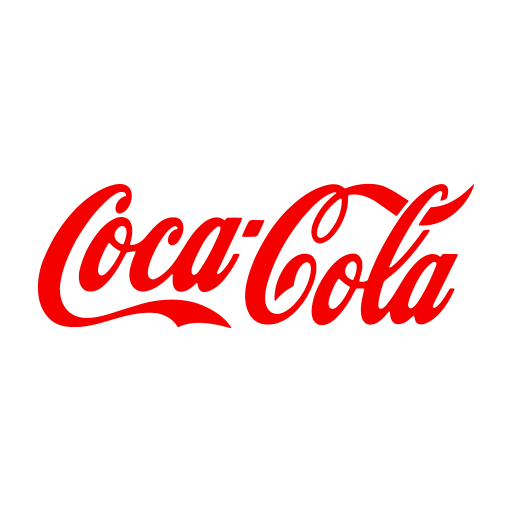AI-Powered Business Automation: Case Studies from Top Companies

Introduction: How Top Companies Use AI for Business Automation
In a world where efficiency drives success, artificial intelligence (AI) has emerged as a game-changer for business automation. From workflow automation to predictive analytics, AI tools empower companies to optimize operations, reduce costs, and enhance decision-making. In this blog, we explore real-world case studies from top companies leveraging AI to revolutionize their business practices.

AI-Powered Business Automation: Real-World Success Stories

Amazon: Streamlining Supply Chain Operations
Amazon has become a benchmark for automation, using machine learning and AI to optimize its supply chain. By integrating AI models into inventory management, the company predicts product demand, minimizes overstocking, and reduces delays. Amazon’s use of computer vision applications in fulfillment centers, such as OpenCV-powered robots, enhances accuracy and efficiency in order sorting and packing. These intelligent tools ensure a seamless experience for both customers and suppliers.

Tesla: Revolutionizing Manufacturing with AI
Tesla leverages deep learning and AI automation tools to enhance its manufacturing processes. Through real-time monitoring and predictive maintenance, Tesla’s AI integration minimizes equipment downtime and improves production efficiency. Custom AI solutions and workflow automation tools also power Tesla’s self-driving technology, showcasing the broader impact of intelligent tools in business automation.
Netflix: Personalizing Customer Experiences
Netflix exemplifies the power of AI in personalization. Using large language models (LLMs) and machine learning algorithms, Netflix analyzes viewing patterns to recommend content tailored to individual preferences. These AI-powered insights drive customer engagement and retention, demonstrating how marketing AI companies are rethinking personalization strategies with cutting-edge technology.

Coca-Cola: Enhancing Marketing with AI Analytics
Coca-Cola employs AI analytics and no-code AI tools to streamline its marketing campaigns. By analyzing customer feedback and social media data, Coca-Cola identifies trends and tailors campaigns accordingly. AI automation tools, such as free LLM models, empower the company to deliver personalized marketing messages at scale, boosting brand loyalty and customer satisfaction.

Challenges and Lessons Learned
While AI-powered automation offers immense benefits, companies often face challenges such as data privacy concerns and integration complexities. Addressing these issues requires robust AI research, ethical practices, and collaboration with AI solution providers. For businesses exploring AI automation, learning from the successes and setbacks of industry leaders is essential.

Conclusion: The Future of AI in Business Automation
AI-powered business automation is transforming industries, delivering efficiency and innovation at an unprecedented scale. From Tesla’s manufacturing advancements to Netflix’s personalized recommendations, these case studies highlight the limitless potential of AI. As AI technologies evolve, businesses must embrace these intelligent tools to stay competitive and future-ready.
References
- Sifted. (n.d.). How Amazon is using AI to become the fastest supply chain in the world.
- Aicadium. (n.d.). Tesla increases productivity with computer vision AI.
- AiThority. (2023, Jul 28). 5 Ways Netflix is Using AI to Improve Customer Experience.
- DigitalDefynd. (n.d.). 5 ways Coca-Cola is using AI – Case Study [2025].
Share
